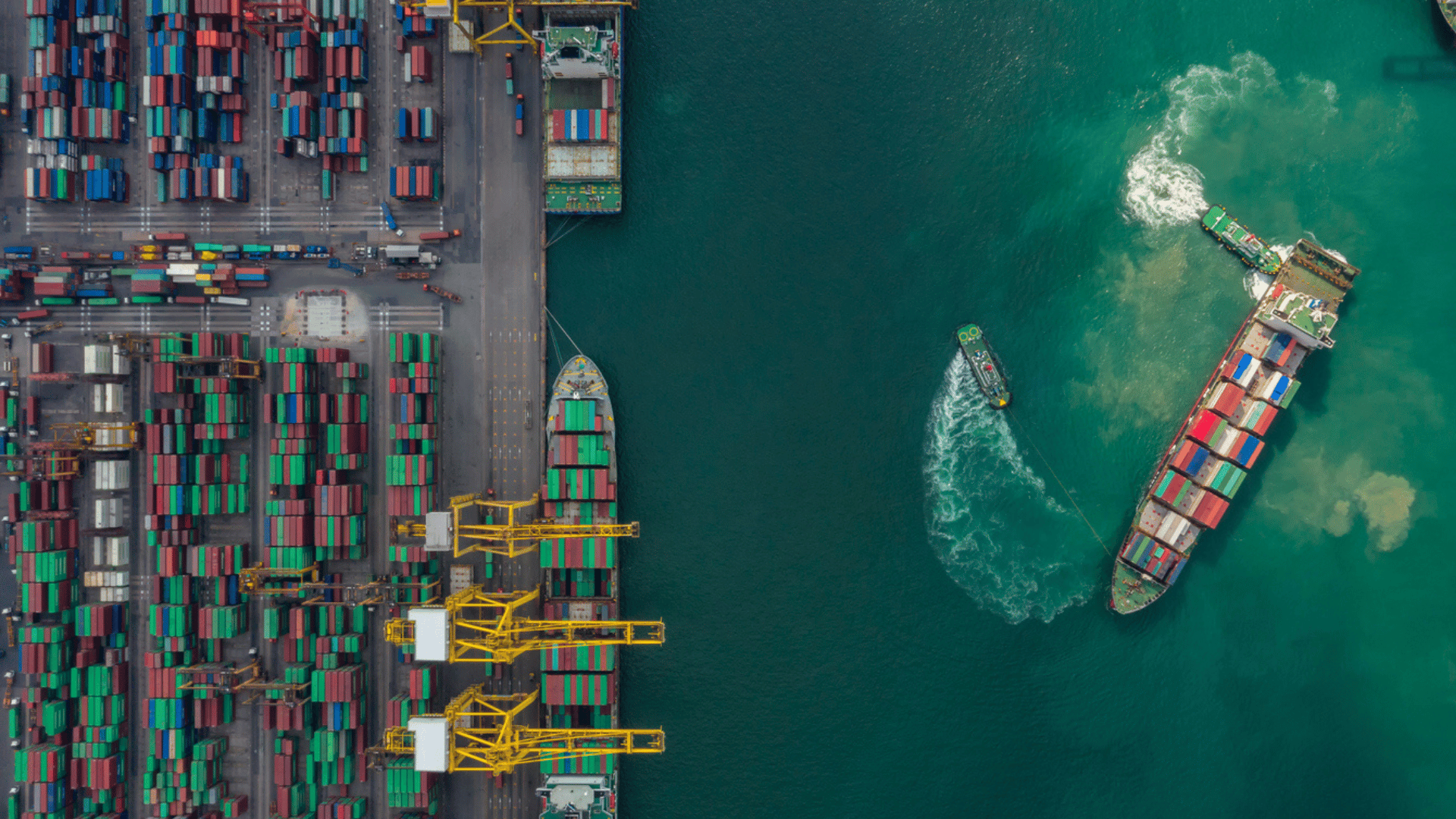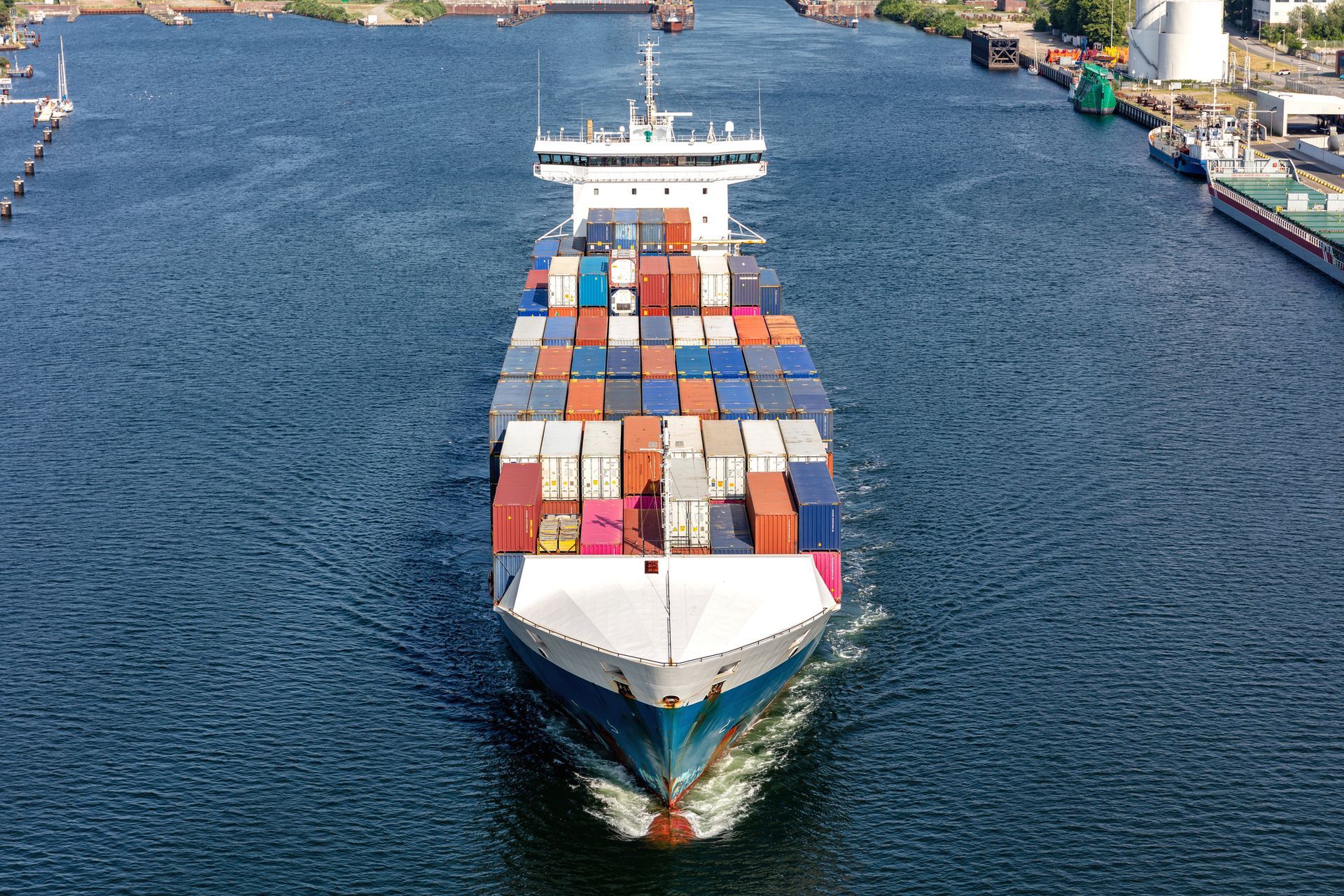
Exporting or importing products and supplies is a challenge for companies that depend on foreign trade to develop their business. Maritime transport has several specific features that sometimes require a certain amount of effort to find the best logistics strategy. And this is where LCL Cargo comes into play.
Objectively speaking, this type of transport can meet the logistics needs of companies at a lower cost when compared to full container transport.
In this article, we will better understand what LCL Cargo is, the role of a neutral provider, the challenges of the LCL market, advantages and much more.
Enjoy your reading!
What is LCL Cargo?
LCL cargo is a type of maritime transport that does not require full payment of freight for an entire container when the company does not have enough cargo to fill one completely. The acronym LCL stands for “Less than a Container Load”.
The main difference with this type of transport is the cost, since companies that use LCL cargo can consolidate their cargo with cargo belonging to other companies and organizations. Therefore, the final amount paid for freight is lower than the amount charged in the case of a full container, since you pay for the space your cargo occupies.
<<< Read more: LCL and FCL: Understand the differences and when to choose each method >>>
What is a neutral provider in LCL?
A neutral provider is a company that only provides services to companies that also provide services. Here we list freight forwarders, brokerages, customs brokers, advisors and consultancies in Foreign Trade. In this way, the end customer (importer or exporter) does not have direct contact with the company that positions itself as a neutral provider. In practice, the importer and exporter do not directly hire a neutral provider. It is important to emphasize that Allink has legitimately maintained its neutrality flag in its almost 30 years of existence!
In this sense, it is essential that neutral providers and freight forwarders, brokerages, customs brokers, advisors and consultancies in Foreign Trade have a good relationship, as this is the only way to guarantee the best results when it comes to LCL Cargo.
Challenges in the LCL Cargo Market
The last 2 years have been quite hectic in the LCL Cargo universe.
Some challenges have emerged to drive up prices and make the maritime transport process around the world more difficult. The sector, however, has proven to be very strong, as it has managed to overcome the emerging difficulties one by one, generating growing results.
Learn about some of the challenges faced by the LCL Cargo market in recent years:
Pandemic
COVID-19 has had a direct impact on foreign trade, particularly due to events such as the closure of companies and factories, the isolation of some countries, the economic crisis, etc.
Port closures
As a way of containing the spread of the pandemic around the world, several countries closed their ports, which hampered the sending and receiving of cargo.
Price increase
As a result of this entire process involving the pandemic, prices increased drastically, which required special attention to avoid a decrease in consumption.
Lack of space
With the economic reopening and the growth in consumption, a new phenomenon began in ports, namely, the lack of space on ships to load goods.
Fall in global demand
There is a perceived drop in demand for imports and exports, which raises a red flag in the market.
High inflation
Rising inflation is already a reality. This should influence prices in the coming months and years.
Energy crisis
The energy crisis in Europe also harms the entire global economy, and could even affect the manufacturing of certain products that are frequently imported.
Variation in the value of international shipping
As a reflection of all these fluctuations, international freight is expected to grow.
Challenges of LCL Cargo Export
LCL cargo exports face a number of challenges that cannot be ignored. The lack of equipment, i.e. the shortage of containers, required creativity from professionals and companies involved in the processes.
Another phenomenon that also came into play was the lack of space as a result of increased demand. Once again, LCL cargo appeared to be advantageous, since it allowed (and still allows) a certain flexibility of routes.
LCL Import Challenges
In the LCL cargo import scenario, several challenges have also been experienced in recent years. The most significant one concerns the Ever Given ship, which remained in the Suez Canal for almost four months, disrupting several import routes.
In China, the zero COVID policy caused constant and unpredictable opening and closing of the country's ports, resulting in several congestions and route changes.
Once again, surviving this moment was only possible thanks to the flexibility of LCL routes. Unfortunately, scenarios like the ones described above are unpredictable, so it is a prudent practice to rely on LCL to avoid future headaches.
Non-stackable LCL cargo and Top Load
Allink specializes in stuffing LCL cargo at the terminal. To do this, it is necessary to pay close attention to the specific characteristics of the packaging and goods.
These include non-stackable cargo, which is a product that cannot be stacked with other materials. There are also Top Loads, which are cargo that, although it cannot be stacked with other materials, can be placed on top of others.
How LCL Cargo Can Help You Overcome Import and Export Challenges
Given the many challenges related to importing and exporting cargo, LCL offers benefits and advantages that make this maritime mode the most suitable for most situations. Among these benefits and advantages, it is possible to highlight:
- stuffing and unloading carried out by the terminal;
- contracting only the space used;
- payment proportional to the space used;
- possibility of different routes;
- fractional transport to the client's port and plant.
Do you need the help of a neutral provider to speed up the process of consolidating and shipping your cargo? Contact Allink's experts.
Continue browsing the Allink blog

Stay informed about foreign trade
Subscribe to our newsletter and receive free weekly updates about the world of logistics.





